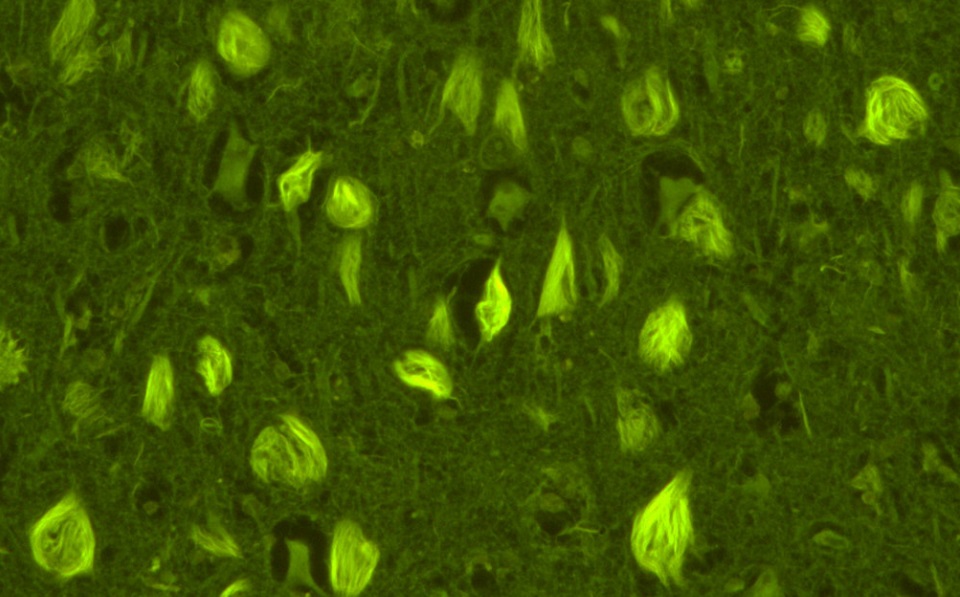
Brain UK study ref: 22/022,
Lay summary,
Project status: Active
Investigating spontaneous CAA-related inflammation as a model for Aβ immunotherapy-induced side effects (ARIA)
Prof Delphine Boche, University of Southampton
A new treatment for Alzheimer’s disease which involves immunotherapy against a protein that accumulates in the brain (Aβ) has recently been approved in the United States (Aduhelm). However, a side effect called ARIA, mostly identified with brain scans has tempered enthusiasm for this novel treatment. One idea to explain ARIA is that Aβ removal from the brain by the treatment leads to its accumulation in blood vessel walls associated with inflammation. Human brain tissue from patients with ARIA due to immunotherapy is not available for study. However, there is a very similar natural disease known as cerebral amyloid angiopathy-related inflammation (CAA-ri) which seems to be due to patients spontaneously producing their own antibodies to Aβ, effectively immunising themselves. Here, we wish to investigate in detail the inflammatory response underlying ARIA using biopsies from patients who suffer from CAA-ri. This will allow us to better understand the side effects occurring with new treatments for Alzheimer’s disease.
Abbreviations
CAA: Cerebral amyloid angiopathy
CAA-ri: Cerebral amyloid angiopathy-related inflammation
ABRA: Aβ-related angiitis
ARIA: Amyloid-related imaging abnormalities
